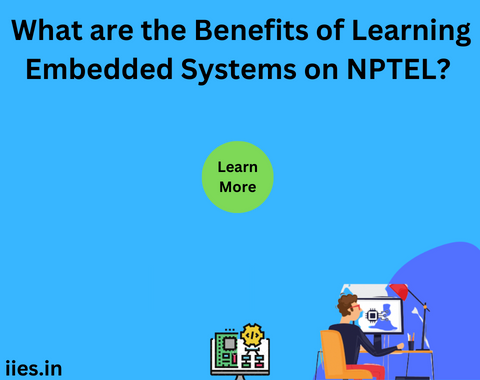The NPTEL Embedded Systems course is designed to cater to a wide audience, including students, professionals, and enthusiasts. The curriculum encompasses a range of topics, starting from the basics and gradually progressing to advanced concepts. Here’s an overview of the key modules covered in the course:
Introduction to Embedded Systems:
– Fundamental concepts and principles of embedded systems.
– Overview of microcontrollers and microprocessors.
– The role of embedded systems in various industries.
Embedded Systems Architecture:
– Understanding the architecture of embedded systems.
– Processor architectures, memory organization, and I/O interfaces.
Programming Embedded Systems:
– Programming languages commonly used in embedded systems (C, C++).
– Writing and debugging embedded code.
– Hands-on programming exercises and projects.
Embedded Systems Design:
– System design methodologies.
– Hardware-software co-design.
Communication Protocols:
– Networking concepts for embedded systems.
– Wireless communication in embedded systems.
Real-Time Operating Systems (RTOS):
– Introduction to RTOS and its significance.
– Case studies on popular RTOS.
Embedded Systems Security:
– Overview of security challenges in embedded systems.
– Methods for securing embedded systems.
– Case studies on real-world security breaches.

